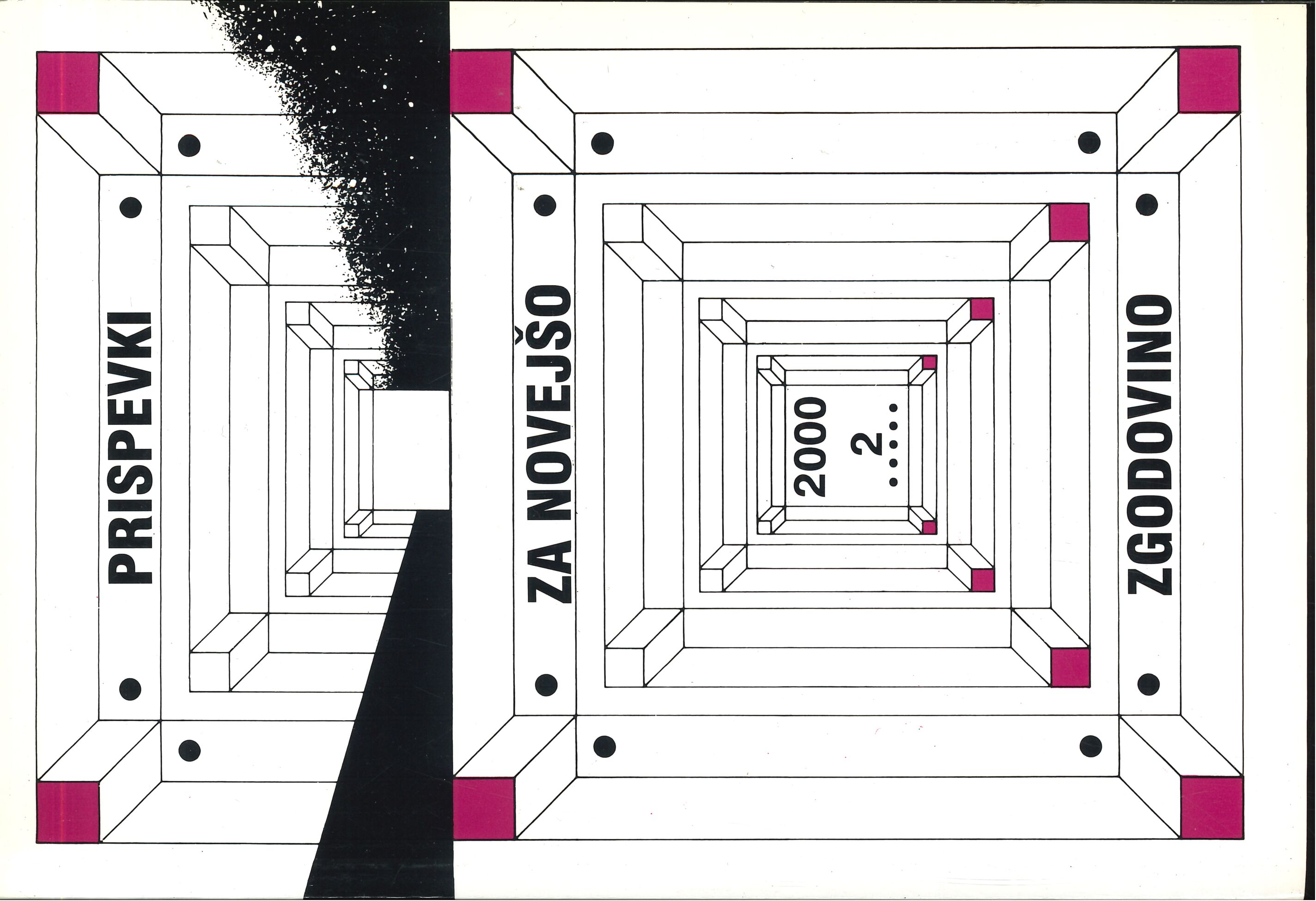The Autogenous and Unrecognised Provincial Committee of the Liberation Front for Gorenjska
Keywords:
Liberation Front of the Slovenian people, Communist Party of Slovenia, National Liberation War, strategy and tactics, Chetnik movement, GorenjskaAbstract
On the basis of archive sources, the author deals with the formation of the Provincial Liberation Front Committee for Gorenjska. This Committee was established in December 1942, independently of the Provincial Committee of the Communist Party of Slovenia for Gorenjska (PCCPS), by one of its members and some businessmen. It operated until Autumn 1943. It was never recognized by the Central Committee of the Communist Party of Slovenia (CCCPS), which disagreed with its composition and political orientation. From the social class viewpoint the Central and Regional Committees of the Communist Party of Slovenia regarded its members as unreliable allies. Consequently, they sought to prevent their further independent political activity by limiting it to the material and financial support of the National Liberation Movement. The Committee's political interest was focused above all on the end of the war and the seizure of power, while the armed struggle against the occupier was of secondary importance. The liaison between the Committee and the chief of the Gestapo in Gorenjska proved fatal for most of its members.
Downloads
Published
Issue
Section
License
Authors who publish with this journal agree to the following terms:
- Authors retain copyright and grant the journal right of first publication with the work simultaneously licensed under a Creative Commons Attribution License that allows others to share the work with an acknowledgement of the work's authorship and initial publication in this journal.
- Authors are able to enter into separate, additional contractual arrangements for the non-exclusive distribution of the journal's published version of the work (e.g., post it to an institutional repository or publish it in a book), with an acknowledgement of its initial publication in this journal.
- Authors are permitted and encouraged to post their work online (e.g., in institutional repositories or on their website) prior to and during the submission process, as it can lead to productive exchanges, as well as earlier and greater citation of published work (See The Effect of Open Access).


